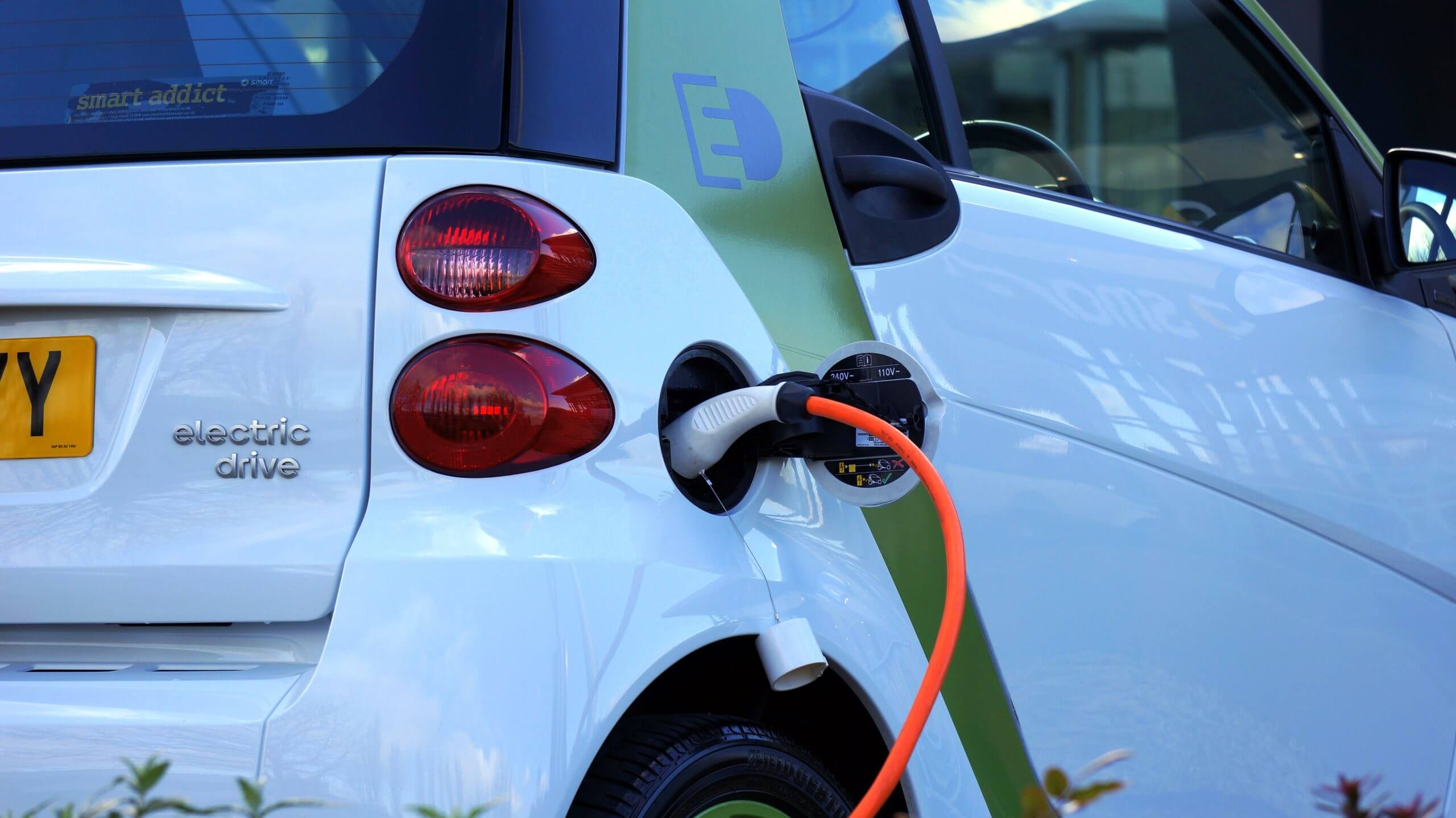A Comprehensive Guide to Buying a Used Car
Are you in the market for a new set of wheels but looking to save some cash? Buying a used car can be a smart move. Not only can you get a great vehicle at a fraction of the cost of a new one, but you can also avoid the rapid depreciation that new cars experience. However, navigating the world of used cars can be tricky.
This comprehensive guide will take you through every step of the process, from deciding on your budget to sealing the deal. Buckle up; we’re about to embark on an exciting journey into the world of used car buying.
Setting Your Budget
Before you dive headfirst into the used car market, it’s essential to determine how much you’re willing to spend. Be realistic about your budget. Consider not only the purchase price but also ongoing costs like insurance, fuel, and maintenance. Create a budget that allows some wiggle room for unexpected expenses that may arise down the road.
Research, Research, Research
Knowledge is power when it comes to buying a used car. Start by narrowing down your options based on your needs and preferences. Are you looking for a fuel-efficient sedan, a spacious SUV, or a sporty coupe? Research different makes and models to find the ones that match your criteria. Look into reliability, resale value, and common issues for each choice.
The Art of the Test Drive
Once you’ve identified a few potential candidates, it’s time to take them for a spin. Schedule test drives to get a feel for how each car handles. Pay attention to the engine’s performance, the comfort of the seats, and the visibility from the driver’s seat. Don’t forget to test out the air conditioning, radio, and any other features that are important to you.
Inspecting the Vehicle
When you’re satisfied with how a car drives, it’s crucial to inspect it thoroughly. If you’re not mechanically inclined, consider bringing a trusted friend or a professional mechanic with you. Look for signs of wear and tear, rust, or any potential red flags. Check the vehicle’s history report for any accidents or title issues. Don’t be afraid to ask the seller for maintenance records.
Is the Price Right?
Before you make an offer, do some market research to ensure the asking price is fair. Websites like Kelley Blue Book and Edmunds can give you a ballpark figure for the car’s value based on its make, model, year, and condition. Use this information to negotiate with the seller.
The Negotiation Game
Negotiating the price of a used car can be intimidating, but it’s a standard part of the process. Start by offering a reasonable but slightly lower price than what you’re willing to pay. Be prepared to haggle a bit, but also be willing to walk away if the seller isn’t willing to meet your price. Remember, there are plenty of used cars out there, and you don’t have to settle.
Closing the Deal
Once you and the seller agree on a price, it’s time to complete the paperwork. Make sure you get a bill of sale that includes the vehicle’s VIN, purchase price, and both your and the seller’s information. You’ll also need to transfer the title and register the car in your name, which varies by state. Be sure to follow your state’s specific requirements.
The Final Check
Before you drive off into the sunset in your new-to-you car, do one last check. Ensure you have the owner’s manual, spare key, and any warranties that may still be valid. Take a moment to inspect the vehicle’s fluids, tires, and lights to ensure everything is in working order.
Conclusion
Buying a used car can be a rewarding experience if you approach it with patience and diligence. Set a realistic budget, research your options, and take the time to inspect and test drive each vehicle thoroughly.
Negotiate confidently, and once the deal is sealed, ensure you complete all the necessary paperwork. With this comprehensive guide in hand, you’re well-equipped to make a savvy used car purchase and hit the road with confidence. Happy car hunting!











